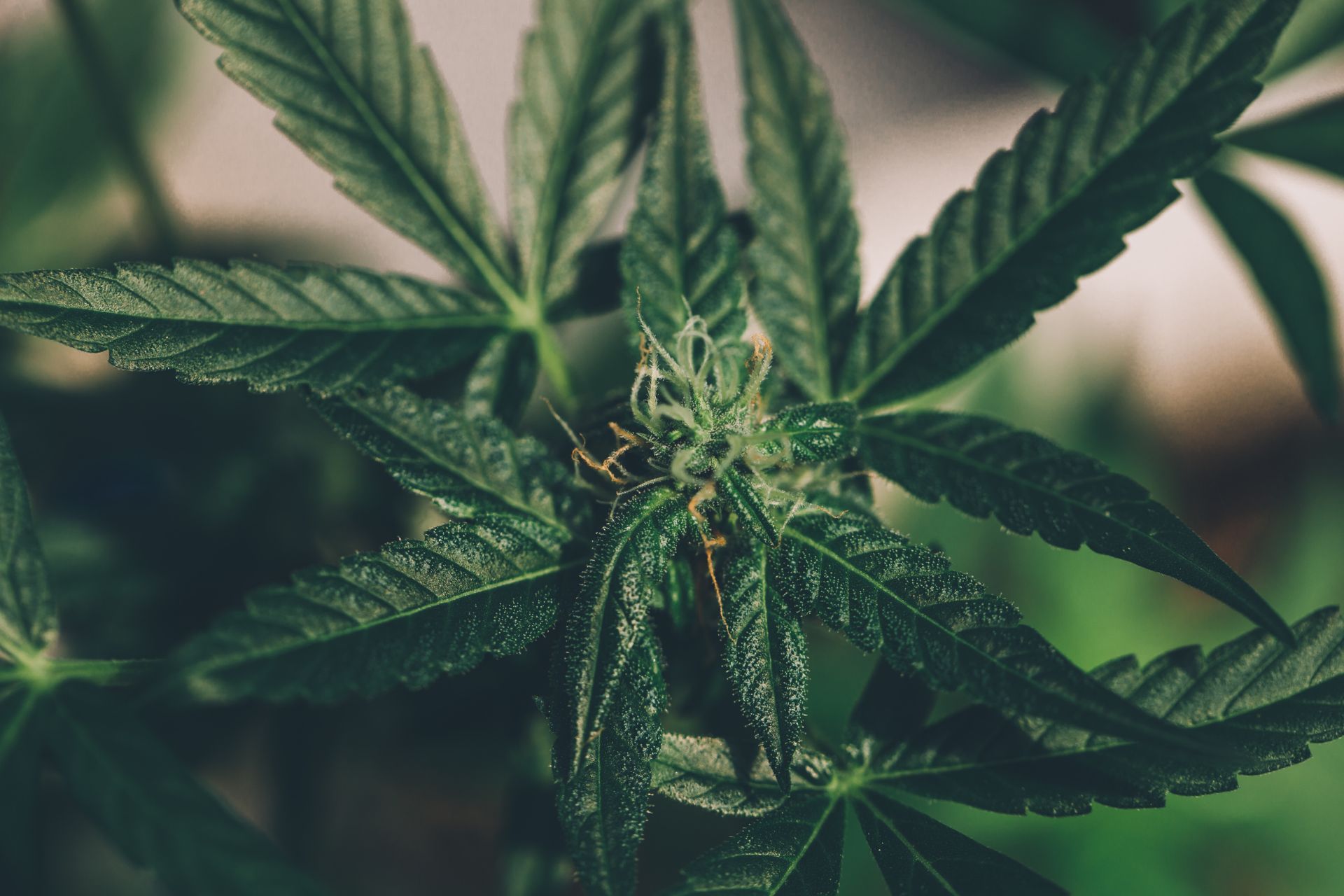Why Compliance is a Game-Changer for Cannabis Startups
See How We're Different
or call us: (215) 653-8411
The cannabis industry is experiencing an unprecedented surge in growth, fueled by evolving legislation, technological innovation, and increasing consumer acceptance. With the global cannabis technology market projected to skyrocket from $6.2 billion in 2024 to an astonishing $23.7 billion by 2030, startups entering this space are presented with tremendous opportunities—and equally significant challenges. Among these challenges, compliance stands out as a pivotal factor that can determine the fate of cannabis startups.
The Regulatory Landscape: Navigating Complexity with Confidence
For startups, the ability to navigate this regulatory maze is not just about avoiding trouble—it is a foundational business imperative. According to the National Cannabis Industry Association, compliance is increasingly emphasized as the cannabis manufacturing landscape evolves, especially in the wake of potential rescheduling efforts. This means startups must build compliance into their DNA from day one, rather than treating it as an afterthought.
Compliance as a Catalyst for Innovation and Growth
Contrary to the misconception that compliance stifles innovation, it can actually serve as a powerful catalyst for technological advancement and business growth. The cannabis technology sector is a prime example, where compliance requirements are driving startups to develop cutting-edge solutions that streamline operations and enhance transparency.
Recent developments in AI and robotics integration in cannabis cultivation and manufacturing demonstrate this trend vividly. As reported by Reuters, these technologies not only improve efficiency but also help meet stringent regulatory demands by ensuring consistent quality and traceability.
Startups that embrace compliance-driven innovation can differentiate themselves in a crowded market. By leveraging technology to support regulatory adherence rather than circumvent it, they build trust with regulators, investors, and consumers alike. This strategic alignment is crucial as the legal landscape continues to evolve, rewarding tech-savvy operators with accelerated growth opportunities.
Furthermore, compliance-driven innovation fosters a culture of accountability and responsibility within organizations. Companies that prioritize adherence to regulations often find themselves more resilient in the face of challenges, as they are better equipped to navigate the complexities of the regulatory environment. This proactive approach not only mitigates risks associated with non-compliance but also encourages a mindset focused on continuous improvement and excellence.
As the cannabis industry matures, the role of compliance will likely expand, leading to the emergence of new technologies that further enhance operational integrity. For instance, blockchain technology is gaining traction as a means to provide immutable records of transactions and supply chain movements, thereby enhancing accountability. This not only satisfies regulatory scrutiny but also appeals to increasingly discerning consumers who demand transparency in the products they purchase. The interplay between compliance and innovation is thus not merely a trend; it is shaping the future landscape of the industry, creating a robust framework for sustainable growth.
Technological Tools Empowering Compliance in Cannabis Startups
For instance, the cannabis testing market is expanding rapidly, valued at $1.8 billion in 2024 and expected to reach $4.0 billion by 2029, growing at a CAGR of 17.2%, according to MarketsandMarkets. Reliable testing not only ensures product safety but also helps startups maintain compliance with potency and contaminant regulations. As the industry matures, the integration of blockchain technology into testing processes is becoming increasingly popular. This innovation allows for transparent and tamper-proof records of testing results, fostering trust among consumers and regulators alike. By providing an immutable ledger of product testing, cannabis startups can demonstrate their commitment to quality and safety, which is crucial in a market where consumer confidence can significantly impact sales.
Building a Compliance-First Culture: Best Practices for Startups
Beyond technology, cultivating a compliance-first culture is essential for cannabis startups aiming for long-term success. This involves embedding compliance into every aspect of the business—from product development and marketing to supply chain management and employee training. By integrating compliance into the core values of the organization, startups can create an environment where every team member understands their role in maintaining regulatory standards and ethical practices. This not only enhances operational efficiency but also empowers employees to take ownership of compliance-related issues, fostering a sense of accountability throughout the organization.
The Competitive Advantage of Compliance in a Booming Market
Conclusion: Compliance as a Strategic Imperative for Cannabis Startups

Article By: Deb Sculli
Cannabis Insurance Specialist




